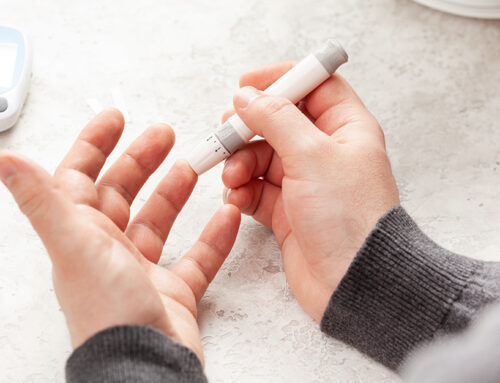Good news for millions of undiagnosed sufferers of hypothyroidism: The American Association of Clinical Endocrinologists (AACE) recommends a narrower TSH range of 0.3 to 3.0. Typical lab ranges today are between 0.5 to 5.0.
The association expects the new guidelines to double the number of people diagnosed with abnormal thyroid function:
“AACE believes the new range will result in proper diagnosis for millions of Americans who suffer from a mild thyroid disorder, but have gone untreated until now.”
Your doctor probably doesn’t know this
Chances are, according to thyroid patient advocate and author Mary Shomon, most doctors won’t have heard of the news.
Functional medicine ranges diagnose more
This range is much closer to the range we use in functional medicine: 1.8 to 3.0. We also order several other markers, including total and free T4 and T3, T3 uptake, and more to fully evaluate the scope of the thyroid dysfunction and what is driving it.
Numerous imbalances throw off thyroid function
Possibilities include testosterone excess, estrogen excess, progesterone deficiency, high or low cortisol, gut infections, inflammation, and neurotransmitter imbalances. These factors can hamper the conversion of T4 to T3, create too few or too many thyroid binding proteins, downregulate TPO, or cause thyroid hormone resistance.
Important to know if hypothyroidism is autoimmune-based
TPO and TBG antibodies are especially vital as they help identify whether the thyroid condition is autoimmune-based. About 90 percent of hypothyroid cases in this country are caused by Hashimoto’s, an autoimmune thyroid disorder. When Hashimoto’s is the culprit, the immune system, not the thyroid gland, must be the focus of attention.
0.5 is too low for proper treatment
Also, functional medicine uses a low-end range of 1.8 as chronic stress can cause low TSH. If TSH is below 1.8 and total T4 is below 6, then the patient should work with a qualified functional medicine practitioner to manage chronic stress before worse problems develop.





